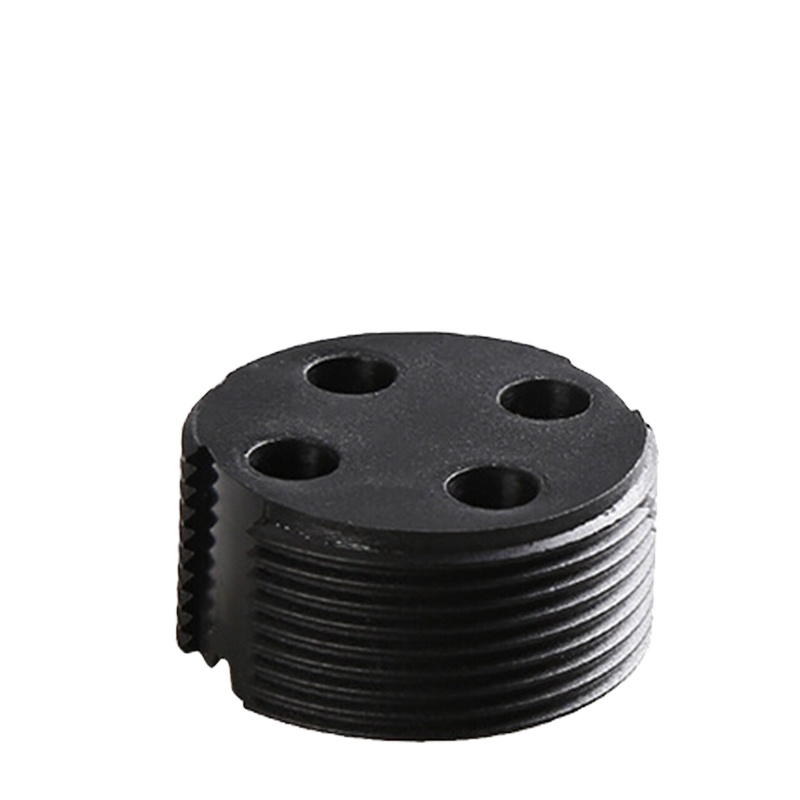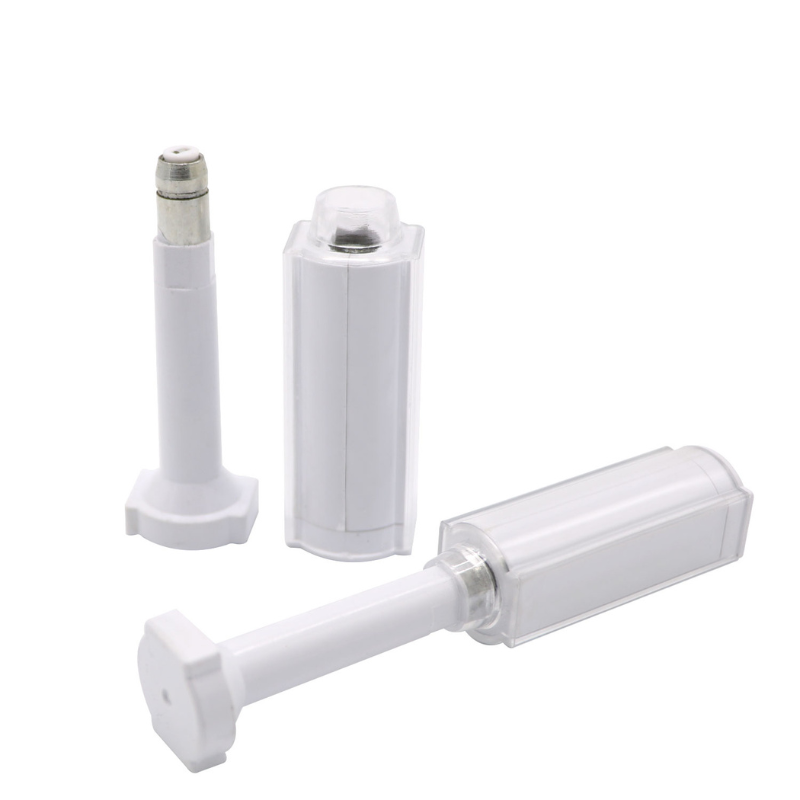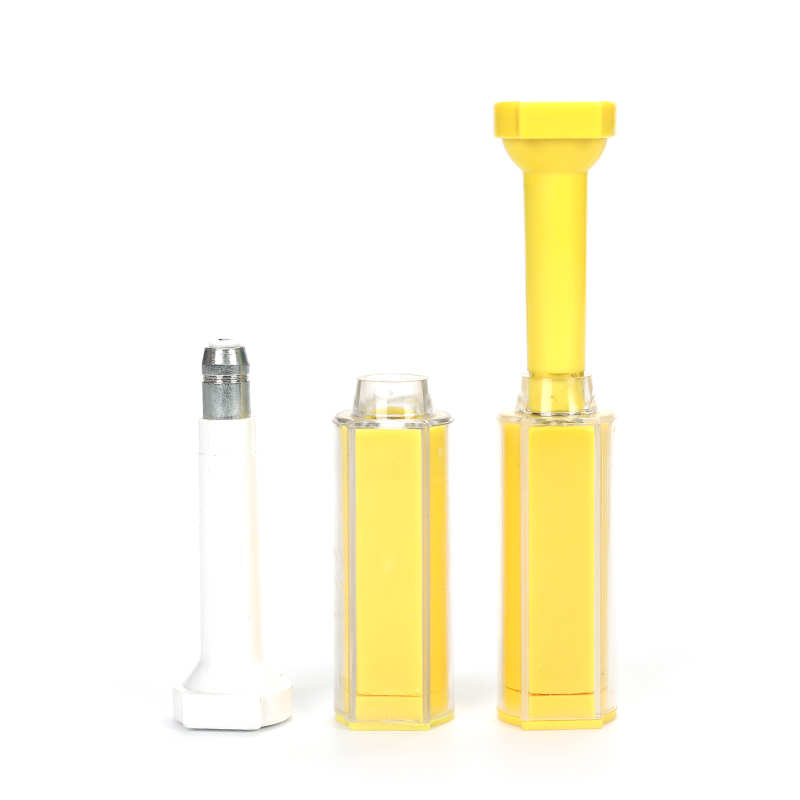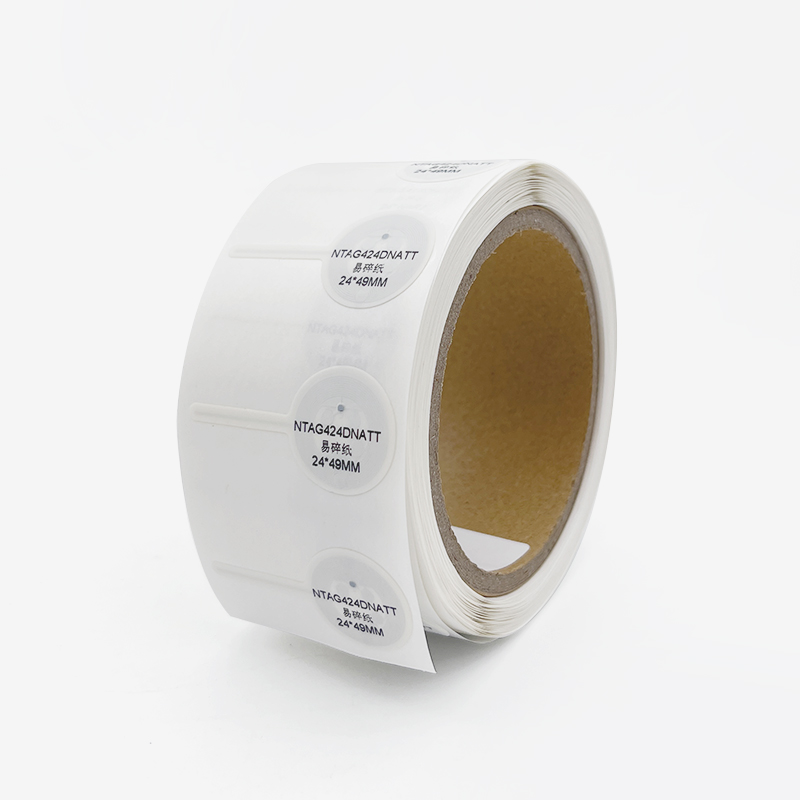
Revolutionizing Linen Management with RFID Linen Tag
Table of Contents
Summary
This innovation, called the Mobile Linen Hub, brings intelligence to self-service linen operations through a fully autonomous, mobile structure. Initially developed to cater to the Airbnb market, the solution is now being considered for broader applications, including university residences and resorts across Australia and Europe. By providing a centralized, unmanned hub for linen drop-off and retrieval, SPL has simplified the process for businesses, eliminating the need for manual orders or delivery services.
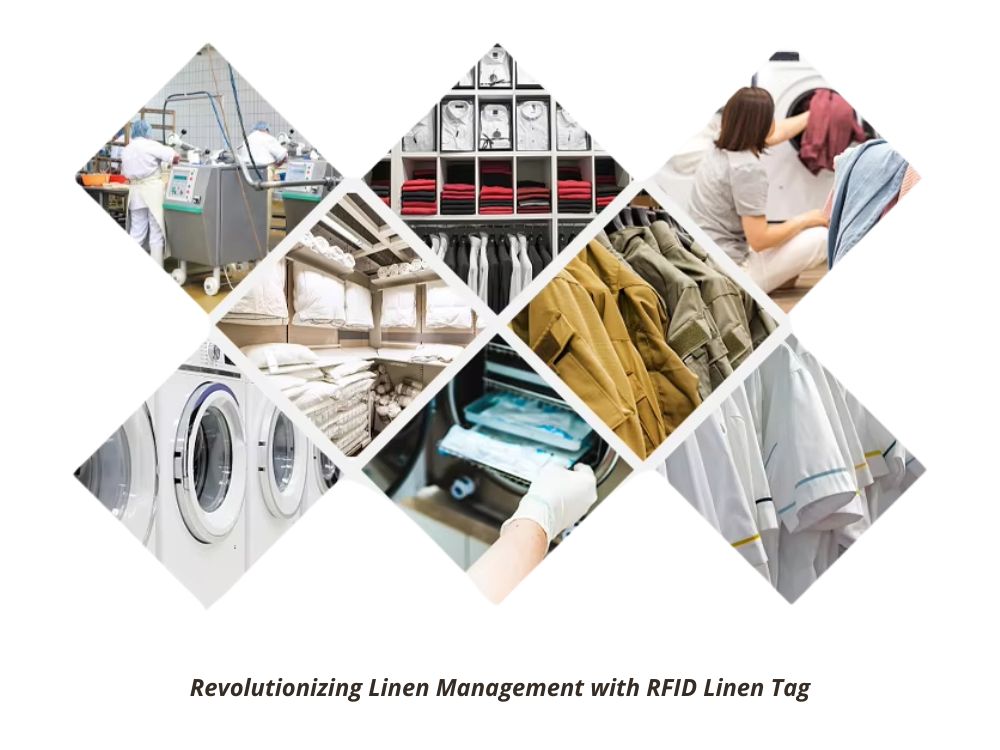
The Evolution of RFID in Laundry Services
SPL, a prominent laundry service provider in Australia, has extensive experience in utilizing RFID technology. Over the years, the company has employed UHF RFID laundry tags and readers to track linens through the laundering process, enabling more efficient operations. The Mobile Linen Hub builds on this foundation by integrating RFID readers, antennas, and other technologies into a mobile, self-service unit. This advancement allows SPL to expand its reach into previously underserved markets, such as small Airbnb businesses in remote locations, by providing a cost-effective and convenient solution for linen management.
RFID-Enabled Autonomous Mobile Linen Hub
The Mobile Linen Hub is a 20-foot steel container equipped with various technological components to manage linen services autonomously. It includes three main sections: an entrance, clean linen storage, and a soiled linen collection area. Users, typically neighboring Airbnb operators, can access the hub using a contactless fob. Upon entering, they can drop off soiled linens through a chute, where a UHF RFID reader captures the unique ID of each item. The system then updates the inventory and provides a visual confirmation to the user. Clean linens can be retrieved from the storage area, and the RFID system automatically adjusts the stock levels and bills the user accordingly.
Key Features of SPL’s Mobile Linen Hub
Feature | Description |
RFID Technology | UHF RFID readers and RFID Linen Tags track linens, ensuring accurate inventory management. |
Contactless Access | Users access the hub using a contactless fob, enabling easy and secure entry. |
Autonomous Operation | The hub operates without human intervention, from linen retrieval to billing. |
Solar-Powered | Solar panels power the unit, ensuring sustainable and off-grid operation. |
Cloud Integration | Data is transmitted via 4G to the cloud, allowing real-time monitoring and analytics. |
Utilizing Advanced RFID Systems for Efficiency
The Mobile Linen Hub leverages the capabilities of UHF RFID technology, which SPL has refined over years of use. Each linen is tagged at the point of manufacture, ensuring seamless tracking throughout its lifecycle. The RFID system captures detailed data on each item, including usage frequency and return rates. This data is transmitted to a cloud-based platform, where it is analyzed to provide valuable insights into linen usage patterns and inventory needs. The system’s integration with solar panels and 4G connectivity further enhances its efficiency, making it a practical solution for remote and off-grid locations.
Addressing the Challenges of Remote Linen Services
The decentralized nature of the Airbnb market, with small businesses spread across vast and often remote areas, presents logistical challenges for traditional laundry services. SPL’s Mobile Linen Hub addresses these challenges by providing a centralized location for linen management, reducing the need for frequent deliveries and pickups. This not only saves time and resources but also ensures that clean linens are always available when needed. The RFID system’s ability to monitor and manage inventory in real time further enhances the efficiency of the service, allowing SPL to respond quickly to changing demands.
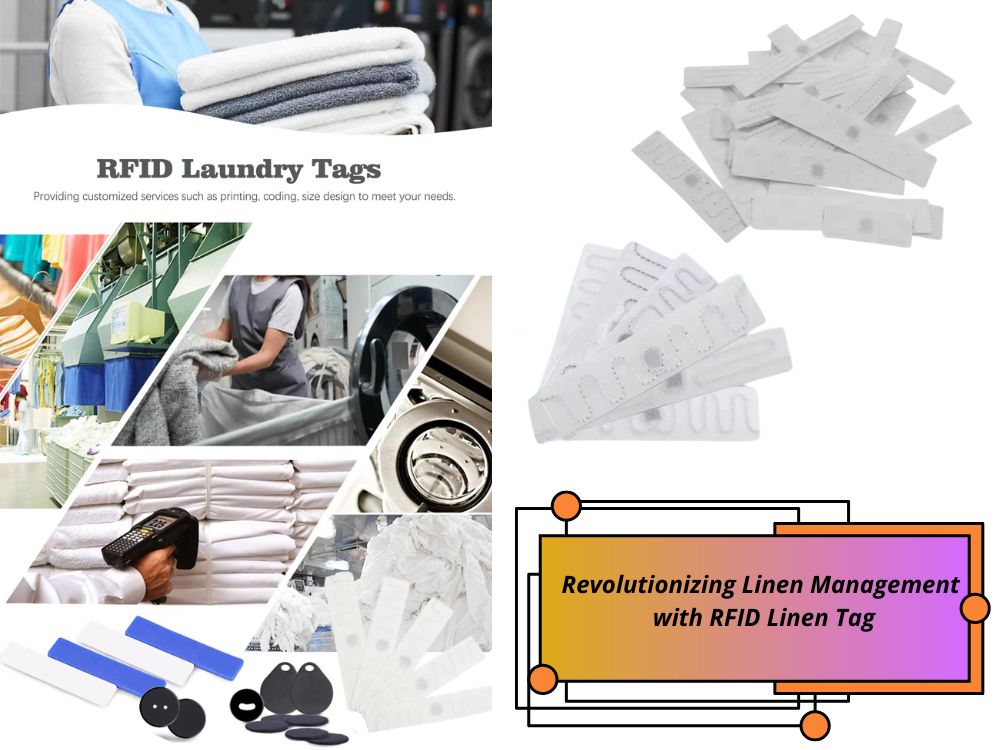
Real-World Application and Feedback
Since its deployment, SPL’s Mobile Linen Hub has received positive feedback from users, particularly in the Airbnb market. The convenience of 24/7 access to clean linens, without the need for pre-orders or delivery schedules, has been a significant advantage for small businesses. The RFID system ensures that users are accurately billed for the linens they use, while also providing SPL with detailed data on linen usage and inventory levels. This data-driven approach allows SPL to optimize its operations and provide a higher level of service to its customers.
Conclusion: The Future of RFID in Commercial Laundry Services
SPL’s innovative use of RFID technology in the Mobile Linen Hub represents a significant advancement in commercial laundry services. By combining RFID with solar power, cloud connectivity, and autonomous operation, SPL has created a solution that addresses the unique challenges of decentralized and remote markets. As the company continues to expand its offerings and explore new applications for the technology, the Mobile Linen Hub is poised to become a valuable asset for businesses across various industries. With its proven success in the Airbnb market, SPL’s RFID-driven approach is likely to shape the future of commercial laundry services.
Comments
Hot Products
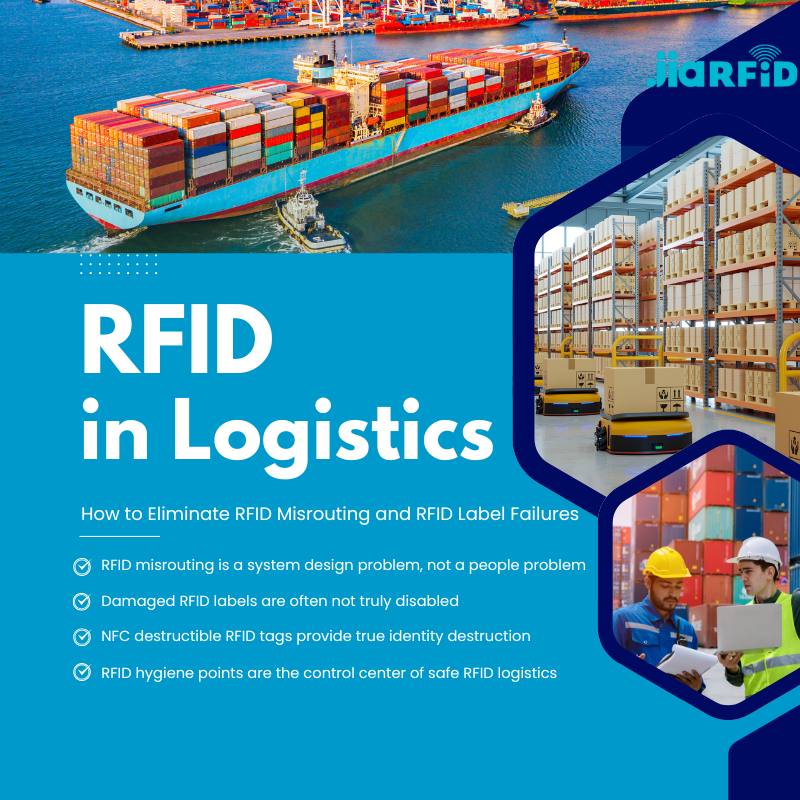
RFID in Logistics: How to Eliminate RFID Misrouting and RFID Label Failures
RFID in logistics is more than just a tool to speed up processes. It has become a key part of how modern supply chains operate.
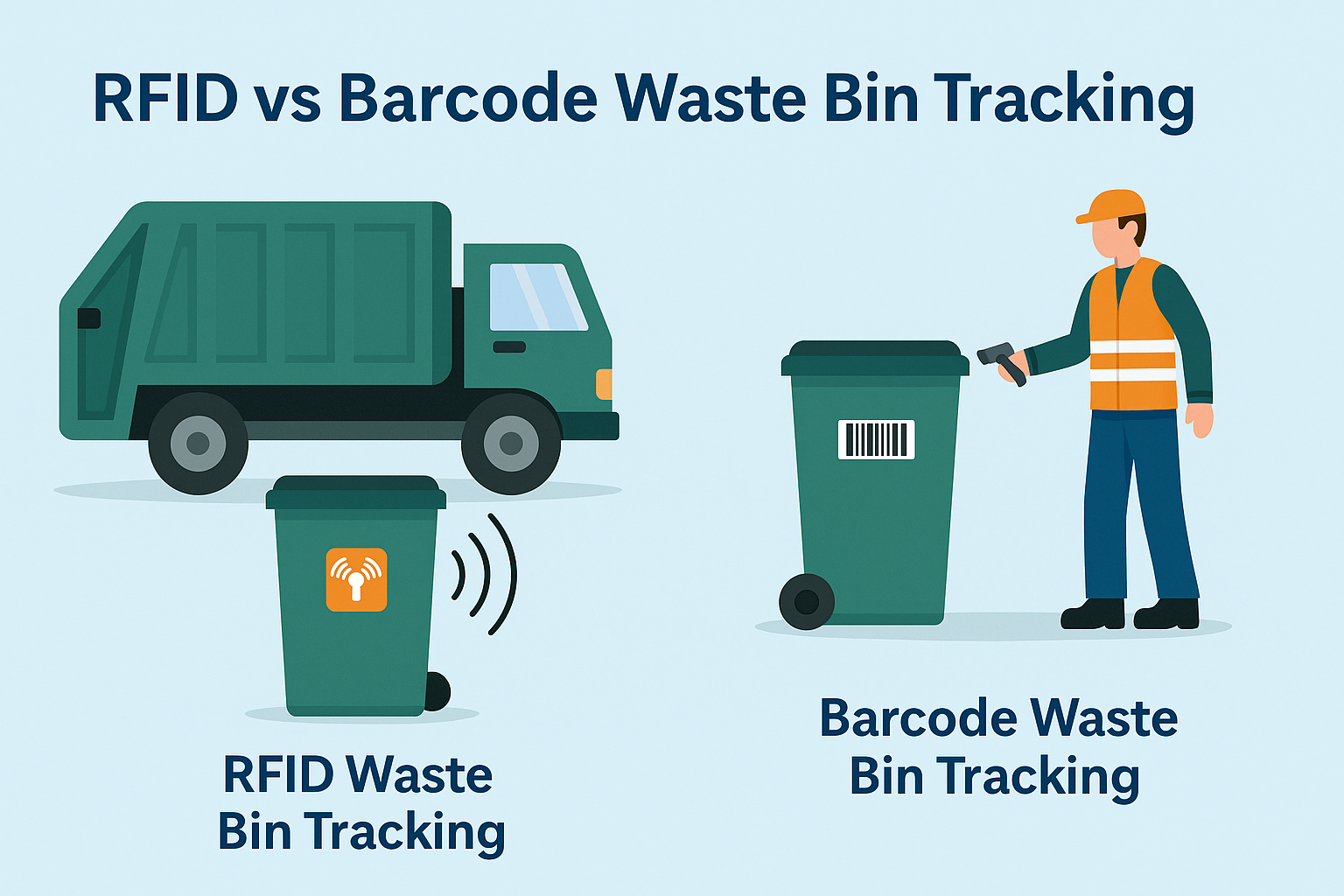
What Is RFID Waste Management
Imagine a city where every trash bin speaks — not literally — but through a tiny chip that tells the system when it’s full, when it’s emptied, and where it went. That’s what RFID waste management is doing today.
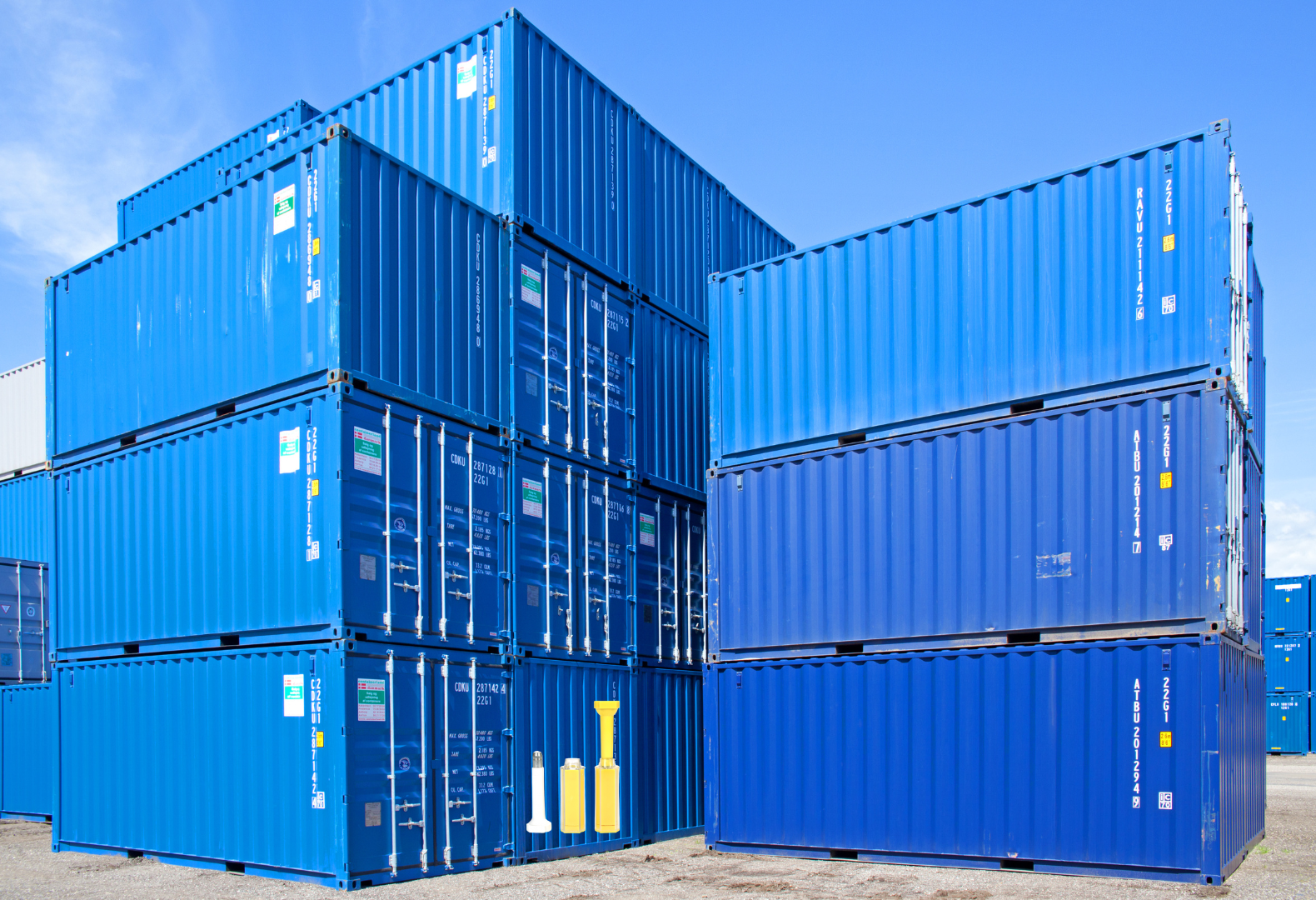
What are Bolt Seals and their Applications? | Complete Guide
In global trade and logistics, bolt seals play a crucial role in ensuring cargo security and compliance. These small but powerful devices are designed to lock shipping containers, trailers, and cargo doors with a tamper-evident mechanism.
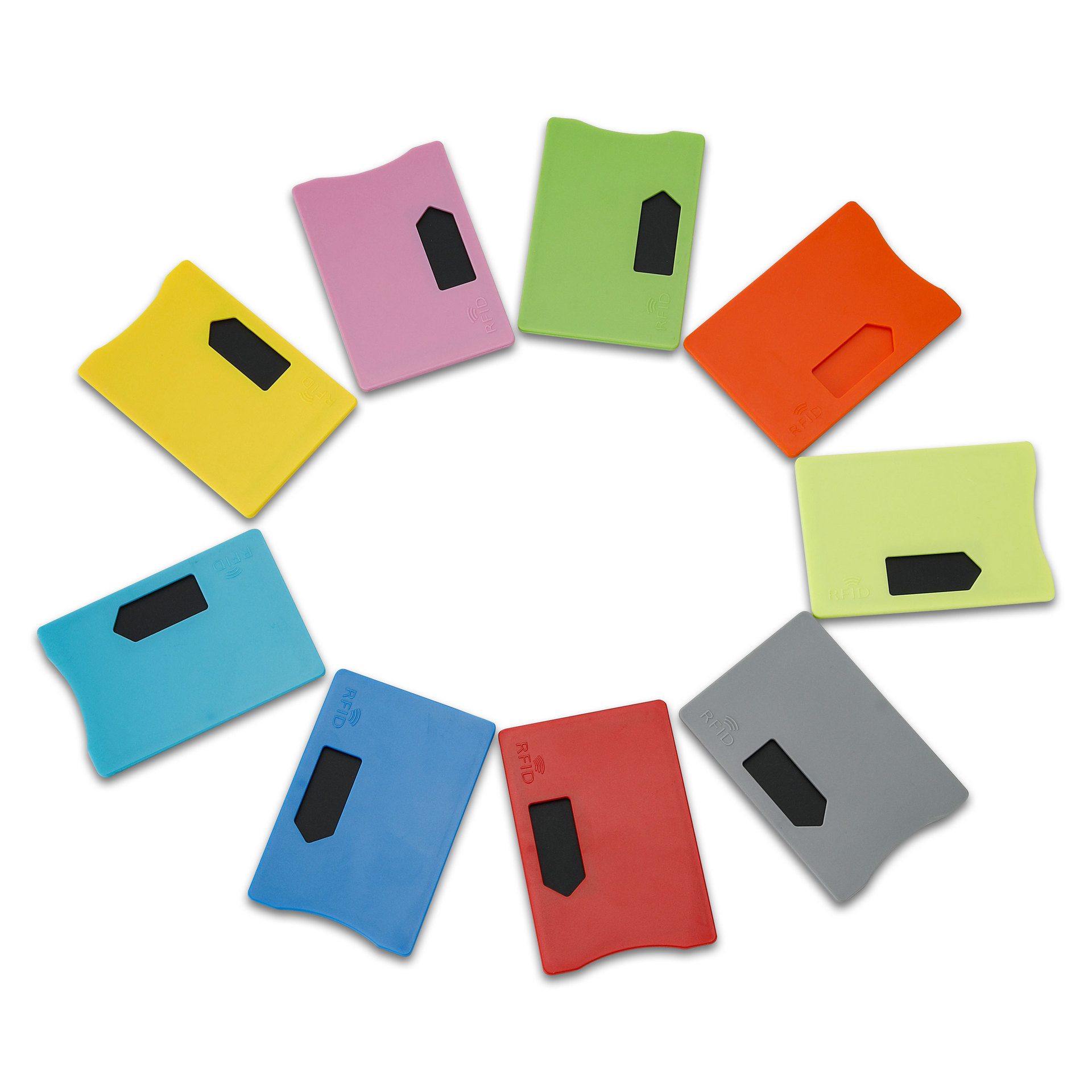
What is an RFID Card Protector? Benefits, Use Cases, and Buying Guide
RFID technology (Radio Frequency Identification) is everywhere: in your credit cards, ID badges, transit passes, hotel room keys, and more. It offers speed and convenience, but it also opens the door to a new kind of digital theft called “skimming.” That’s where an RFID card protector comes in.

RFID Wristbands for Events: Bulk Buying Guide for Organizers
RFID wristbands for events are becoming the go-to solution for organizers who need faster entry, fraud prevention, and cashless payments at concerts, festivals, and sports venues. Unlike paper tickets or QR codes, these smart wristbands use embedded chips to streamline access, secure transactions, and improve the guest experience.
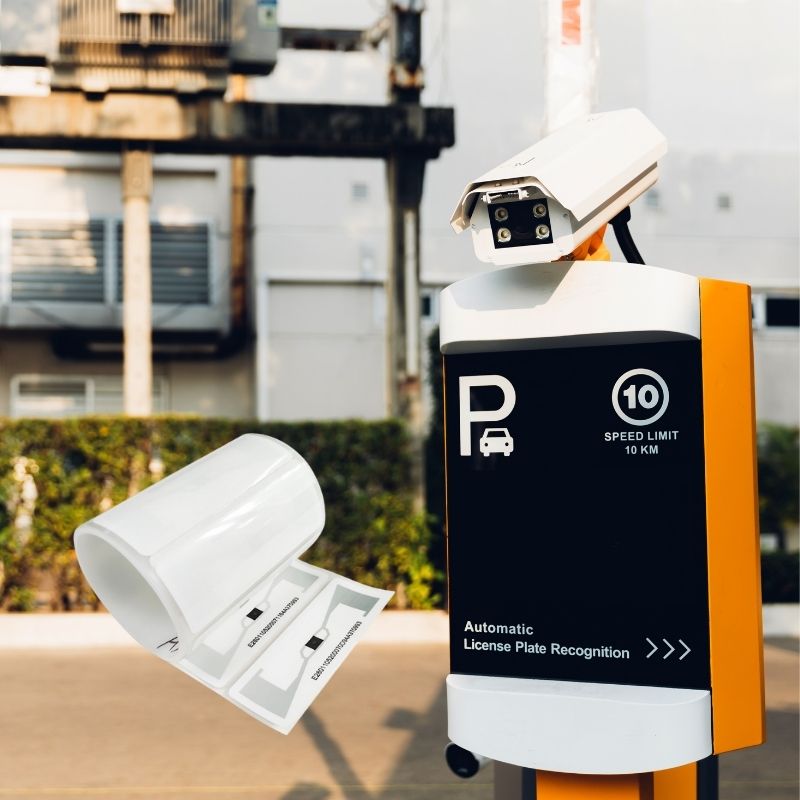
How RFID Tag on Windscreen Improves Vehicle Access Control and Toll Systems
In today’s fast-paced world, vehicle identification needs to be quick, secure, and contactless. An RFID Tag on the Windscreen provides exactly that — a reliable way to manage toll collection, parking, and gated access without stopping vehicles.
Tags
RELATED BLOGS

RFID in Logistics: How to Eliminate RFID Misrouting and RFID Label Failures
RFID in logistics is more than just a tool to speed up processes. It has become a key part of how modern supply chains operate.

What Is RFID Waste Management
Imagine a city where every trash bin speaks — not literally — but through a tiny chip that tells the system when it’s full, when it’s emptied, and where it went. That’s what RFID waste management is doing today.

What are Bolt Seals and their Applications? | Complete Guide
In global trade and logistics, bolt seals play a crucial role in ensuring cargo security and compliance. These small but powerful devices are designed to lock shipping containers, trailers, and cargo doors with a tamper-evident mechanism.


